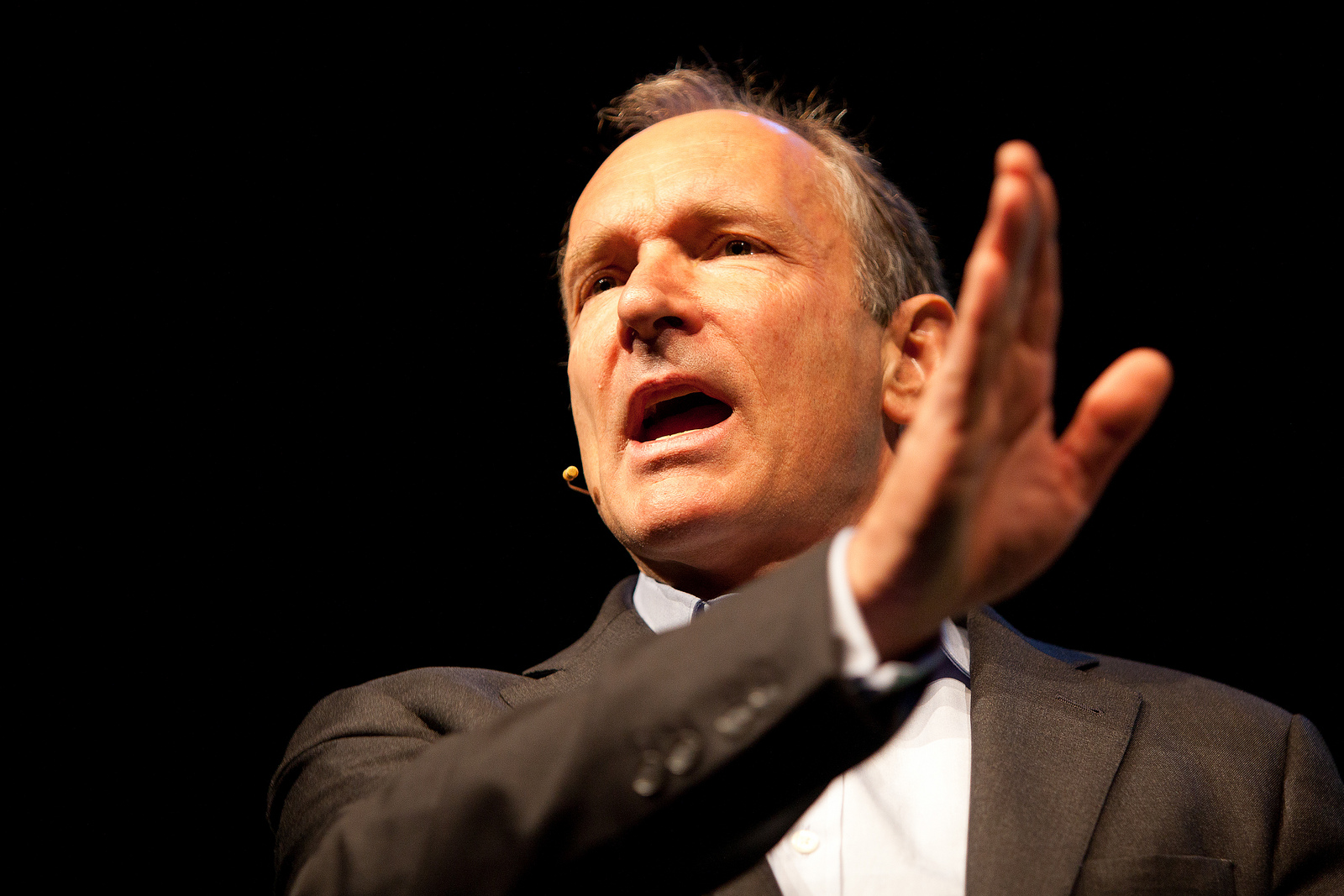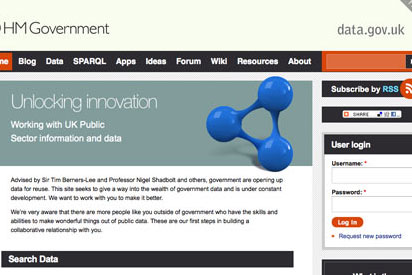The web at 25: Where next?
As the world wide web celebrates its birthday, Simon takes stock of what's happened so far, and the big tests ahead...

Even nostalgia isn't what it used to be. In days gone by, going dewy eyed over something important that happened even a decade or two before relied as much on people telling stories and recalling events.
Factual accuracy? Not necessarily a requirement, as a combination of anecdotes and history books ruled the world. They sort of still do. But now, a simple minute or two on Google now gives a selection of facts and a plethora of opinions within seconds. There's barely even time to pour a reflective drink.
The world wide web's birthday is significant, certainly, but also just the opening chapter of a technology's story. The next chapter is likely to be just as interesting...
But then that's how progress pans out. The world wide web is effectively 25 years old today (in that it's a quarter of a century since Sir Tim Berners-Lee pitched the idea of it), and you don't need another article on the internet to tell you just how much of an impact on day to day life it's had (in truth, for most people, the world wide web has only really been impacting their lives for six or seven years less than that anyway).
That's notwithstanding the fact that what's interesting instead is the thought of what would happen if the plug on the world wide web was pulled tomorrow, and what the ramifications of that would be.
In many, but not all, places on the planet, the world wide web's impact has been sizeable, sending many traditional businesses to the wall, and bringing in many new ones to dominate in their place. It's impossible to remove from modern day life. Indeed, it's almost unthinkable that life could carry on without it. It's like a dishwasher, but on a far wider scale.
The future may not be bright
Yet the large question that inevitably remains unanswered is the one that comes next: just where does the world wide web go from here? At what stage does its progress dissipate? And at what stage do the benefits of joining the world up to such a technology become overshadowed by the drawbacks?
Get the ITPro daily newsletter
Sign up today and you will receive a free copy of our Future Focus 2025 report - the leading guidance on AI, cybersecurity and other IT challenges as per 700+ senior executives
-
 Tim Berners-Lee sets out vision for the web in 2050
Tim Berners-Lee sets out vision for the web in 2050News The World Wide Web creator calls on internet users to defend net neutrality and create a more democratic web
By Rene Millman
-
 The worldwide web at 25: business' window on the world
The worldwide web at 25: business' window on the worldIn-depth What are businesses making of an invention many CIOs dismissed as a gimmick?
By Stephen Pritchard
-
 Why is an open data policy so important?
Why is an open data policy so important?In-depth Following Tim Berners-Lee’s quest to open up data, we take a look at why it’s important the UK government gets a formal policy in place.
By Clare Hopping
-
 Berners-Lee predicts new internet revolution
Berners-Lee predicts new internet revolutionNews The "father of the web" sets out his vision for the future of the online world.
By Rene Millman
-
 Week in review: IE9, net neutrality and 100Mbps broadband!
Week in review: IE9, net neutrality and 100Mbps broadband!News This week, Microsoft launched IE9, there was something of a stalemate in a net neutrality debate and Virgin boasted about its 100Mbps broadband.
By Alan Lu
-
 Gordon Brown takes leading role on the web
Gordon Brown takes leading role on the webNews The former UK Prime Minister uses his connections to democratise broadband.
By Eric Doyle
-
 Tim Berners-Lee unveils government data site
Tim Berners-Lee unveils government data siteNews The web inventor is set to launch a new government data site today.
By Nicole Kobie
-
 MPs' expenses to go online with help of Tim Berners-Lee
MPs' expenses to go online with help of Tim Berners-LeeNews The creator of the web Sir Tim Berners-Lee has been tapped by PM Gordon Brown to help the government put more data online.
By Nicole Kobie

